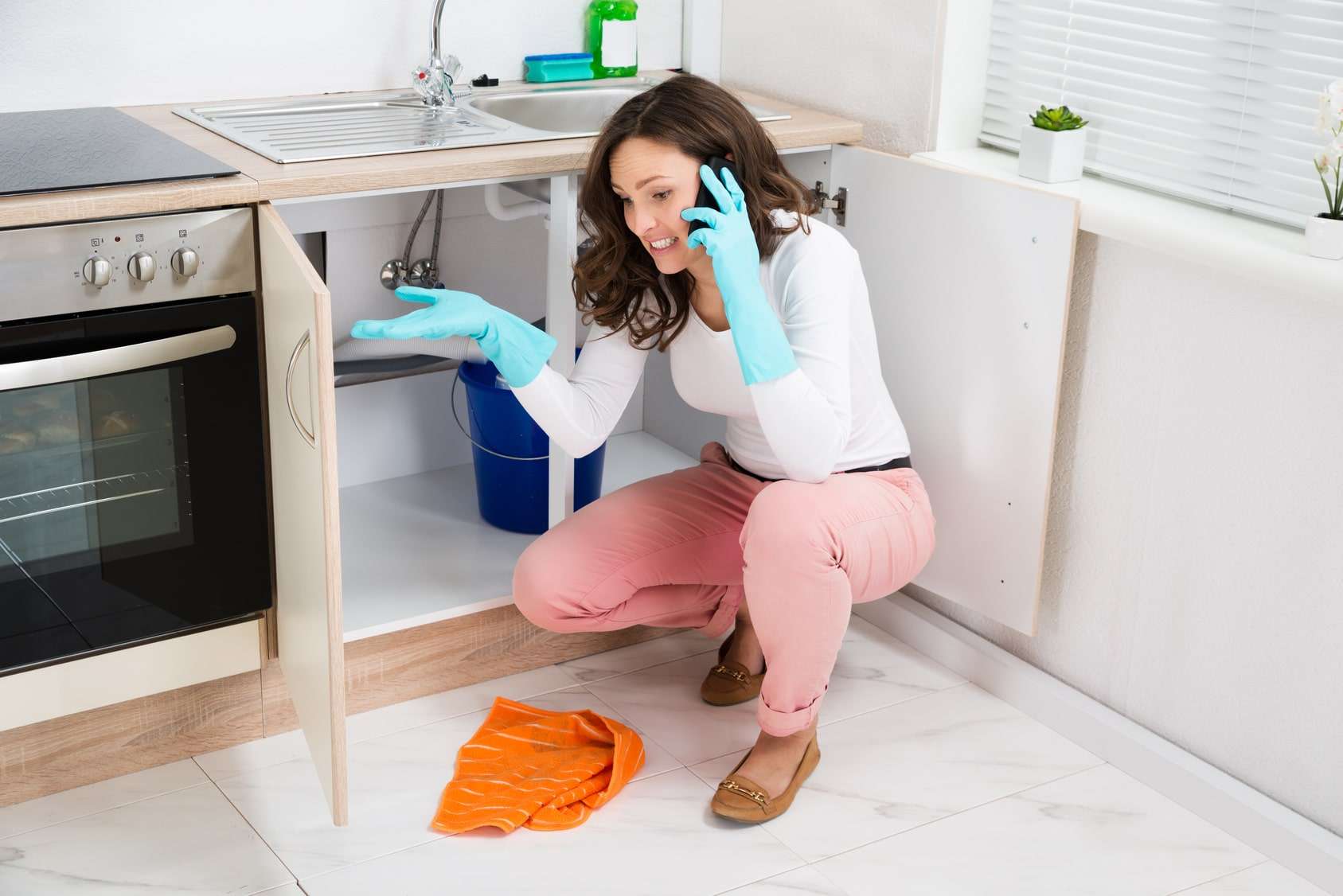Reveal Common Origins of Leak Problems Within Your House
Reveal Common Origins of Leak Problems Within Your House
Blog Article
What're your opinions regarding How to Find Water Leaks?

Leakages not only trigger waste of water but can also cause unnecessary damages to your residence and advertise unwanted natural growth. Unfortunately, water leaks could go undetected because a lot of the pipework in our home is concealed. By looking as well as recognizing for daily situations that trigger leaks, you can protect your home from future leaks as well as unnecessary damages. Today, we will consider six leakage causes that may be triggering your pipes to leak.
Instantaneous temperature level adjustments.
Severe temperature level modifications in our pipelines can create them to broaden and also contract all of a sudden. This development and also contraction may cause cracks in the pipelines, specifically if the temperature level are listed below freezing.
Corroded water systems
As time goes by, your plumbing system ages and deterioration such as rust may begin eating away the pipelines. This may be the cause of staining or bending on your water pipes. This asks for an evaluation with your plumber promptly. If our plumbing system is old, take into consideration replacing the pipes given that they are at a higher threat of corrosion than the more recent models.
Faulty Pipe Joints
Pipe joints can degrade over time, resulting in water leakages. If you have noisy pipes that make ticking or banging sounds, especially when the warm water is turned on, your pipe joints are probably under a lot of stress.
Encroaching origins
The majority of water leakages start outside the house rather than inside it. If you see an unexpected decrease in water pressure, say in your faucet, take some time to go out and examine your backyard. You could see wet patches or sinkholes in your backyard, and that may mean that tree origins are attacking water lines creating water to permeate out. You can have your plumber check for invasion, particularly if you have trees or hedges near your residential property.
Poor Water Connectors
At times, a leak can be triggered by loose hoses as well as pipes that supply your home appliances. In situation of a water connections leakage, you might notice water running directly from the supply line or pools around your home appliances.
Clogged Drains
Blocked drains pipes may be annoying and inconveniencing, yet they can in some cases end up creating an overflow bring about break pipes. Maintain eliminating any kind of products that might go down your drains that can clog them to avoid such troubles.
All the above are reasons for leaks however not all water leakages result from plumbing leakages; some leakages might come from roofing leakages. All leakages ought to be fixed instantly to avoid water damage.
Leaks not just cause waste of water but can likewise create unnecessary damage to your home and advertise unwanted natural growth. By looking and also comprehending for daily scenarios that create leakages, you can safeguard your home from future leaks and unneeded damages. Today, we will look at 6 leakage creates that may be causing your pipelines to drip.
At times, a leak can be triggered by loose hose pipes as well as pipelines that provide your home appliances. In situation of a water links leakage, you might notice water running straight from the supply line or puddles around your home appliances.
How To Check For Water Leak In Your Home
How To Check for Leaks
The average household's leaks can account for nearly 10,000 gallons of water wasted every year and ten percent of homes have leaks that waste 90 gallons or more per day. Common types of leaks found in the home are worn toilet flappers, dripping faucets, and other leaking valves. These types of leaks are often easy to fix, requiring only a few tools and hardware that can pay for themselves in water savings. Fixing easily corrected household water leaks can save homeowners about 10 percent on their water bills.
To check for leaks in your home, you first need to determine whether you're wasting water and then identify the source of the leak. Here are some tips for finding leaks:
Take a look at your water usage during a colder month, such as January or February. If a family of four exceeds 12,000 gallons per month, there are serious leaks.
Check your water meter before and after a two-hour period when no water is being used. If the meter changes at all, you probably have a leak.
Identify toilet leaks by placing a drop of food coloring in the toilet tank. If any color shows up in the bowl after 10 minutes, you have a leak. (Be sure to flush immediately after the experiment to avoid staining the tank.)
Examine faucet gaskets and pipe fittings for any water on the outside of the pipe to check for surface leaks.
Undetected water leaks can happen without the home or business owner even realizing. If you suspect a water leak, but not able to find the source. It is time to contact a professional water leak detection service, The Leak Doctor.
How To Find a Water Leak In Your Home
https://www.leakdoctor.com/blog/How-To-Check-For-Water-Leak-In-Your-Home_AE197.html

As a keen person who reads about How Fast Water Damage Can Ruin Your Home, I thought sharing that excerpt was a good thing. Do you know about someone else who is fascinated about the subject? Do not hesitate to promote it. I am grateful for your time. Visit again soon.
Immediate repair? Phone now! Report this page